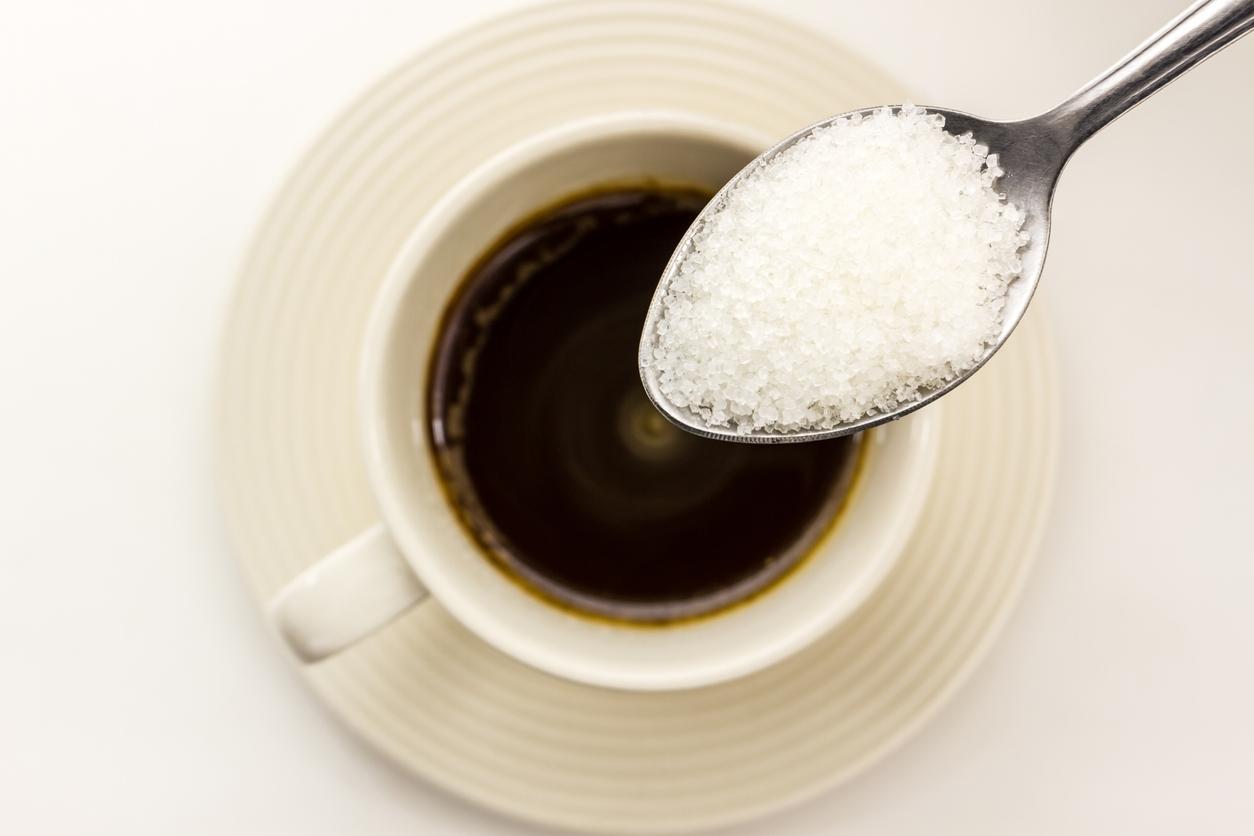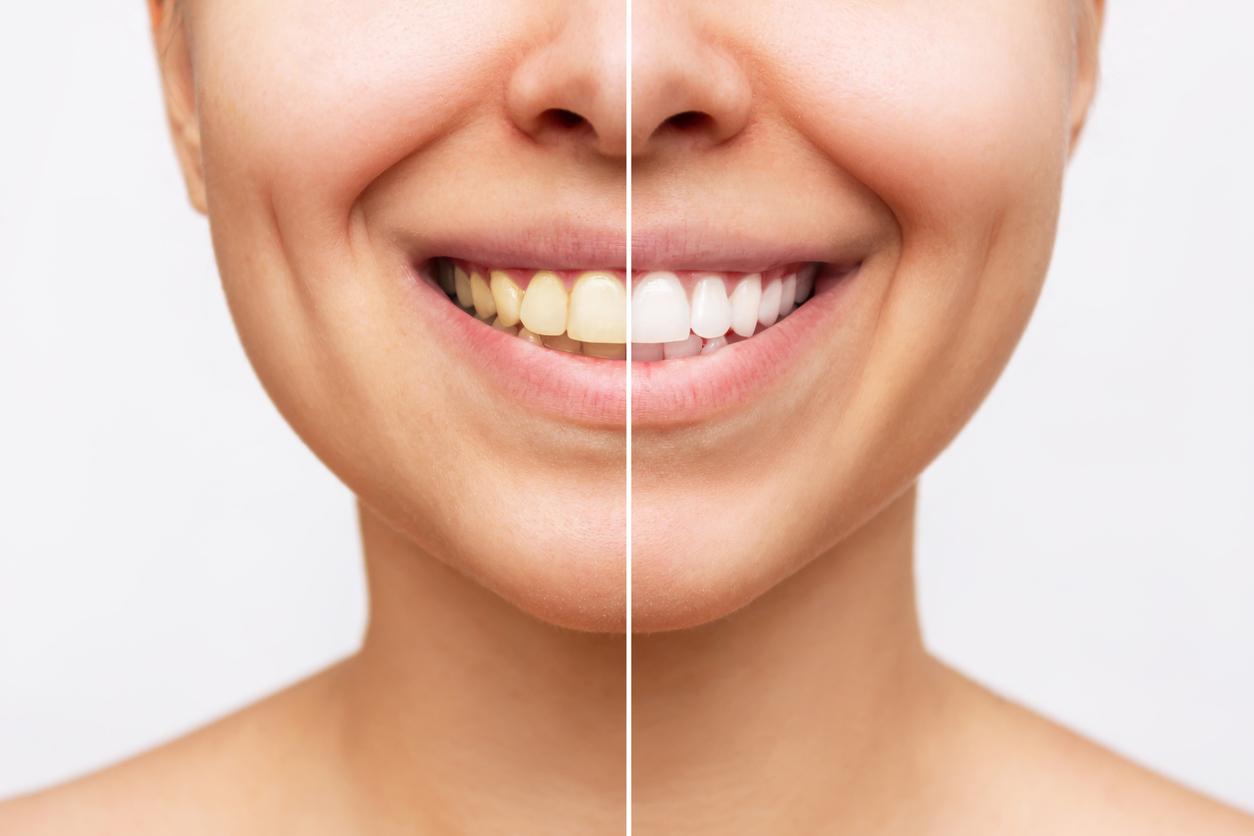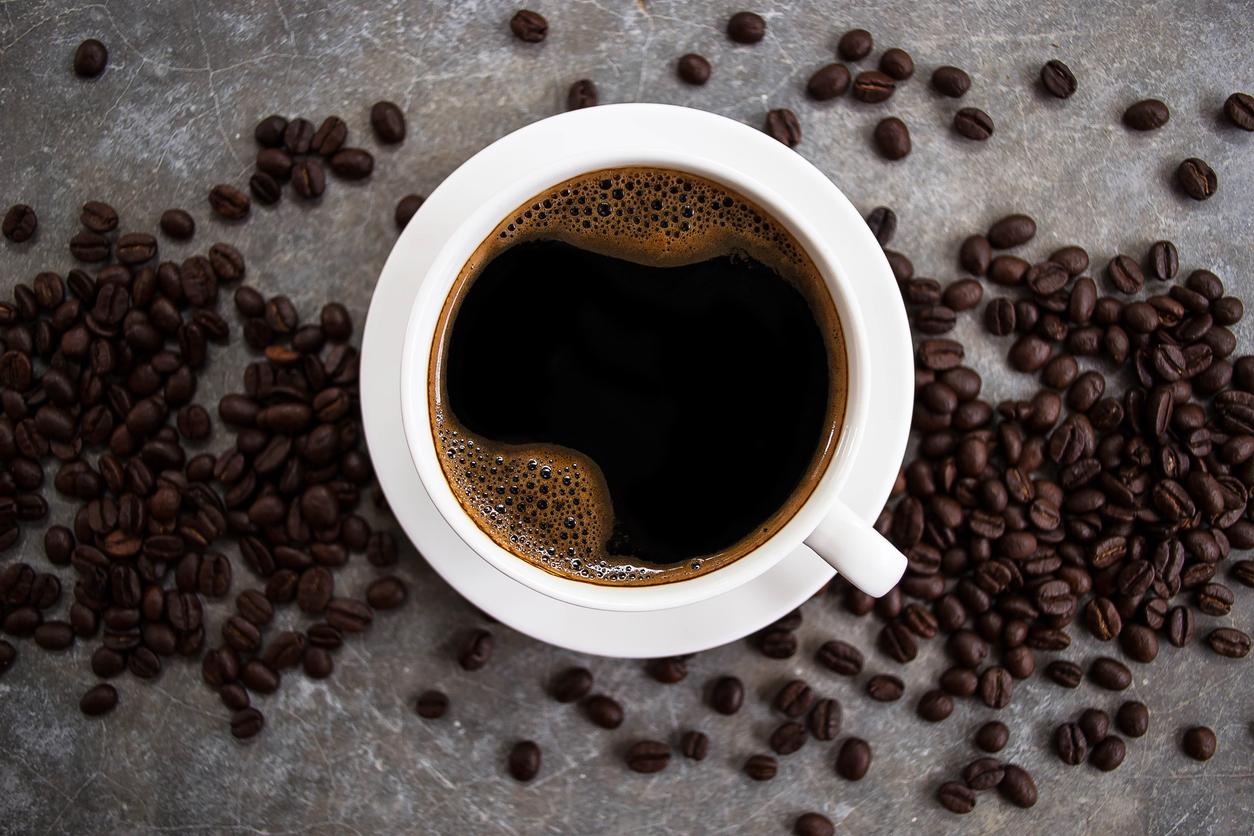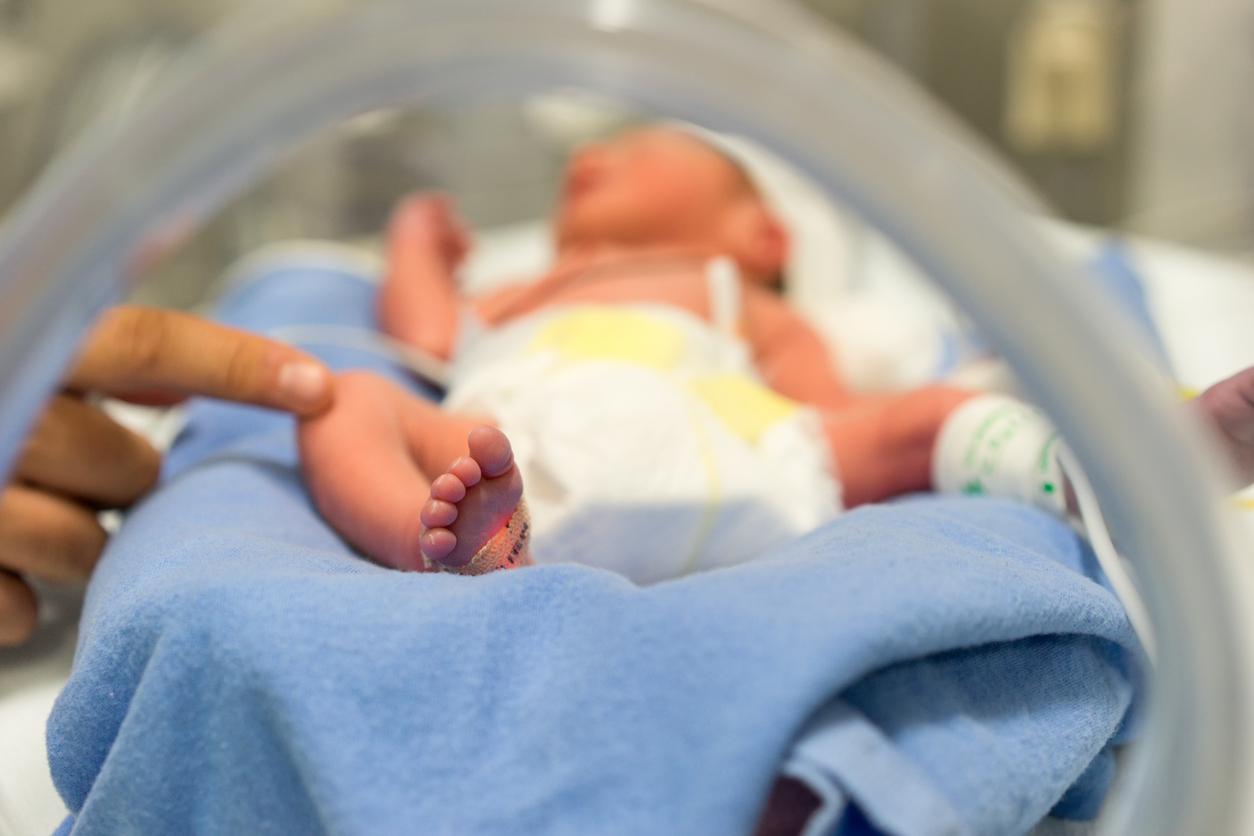May 11, 2010 – The effect of coffee on alertness is real, but it can be amplified by the anticipation we have of the effect it will have on us.
This is what emerges from a small study in which 25 participants took part in four sessions in which they underwent cognitive performance tests, 20 minutes after taking instant coffee.
Each time, before giving them the coffee, they were told whether it contained – or not – caffeine.
But on two occasions, we deliberately lied about the caffeine content of coffee, to verify the psychological impact of coffee.
The result: Whenever participants drank decaf coffee before testing, their alertness and speed of execution were lower than after drinking caffeinated coffee – even when left to them think they would drink coffee with caffeine.
On the other hand, after taking coffee containing caffeine, their performance was better after being informed that the coffee was caffeinated, compared to that observed after being falsely led to believe that it was a caffeine. decaf coffee.
According to the researchers, the expectation that one creates for the idea of consuming caffeine causes a placebo effect that would be synergistic with the effect of the caffeine itself.
Thus, coffee could have both a real and a psychological effect on cognitive performance.
Martin LaSalle – PasseportSanté.net
1. Elliman NA, et al, Pre-existent expectancy effects in the relationship between caffeine and performance, Appetite, April 9, 2010 (available online ahead of print).
















